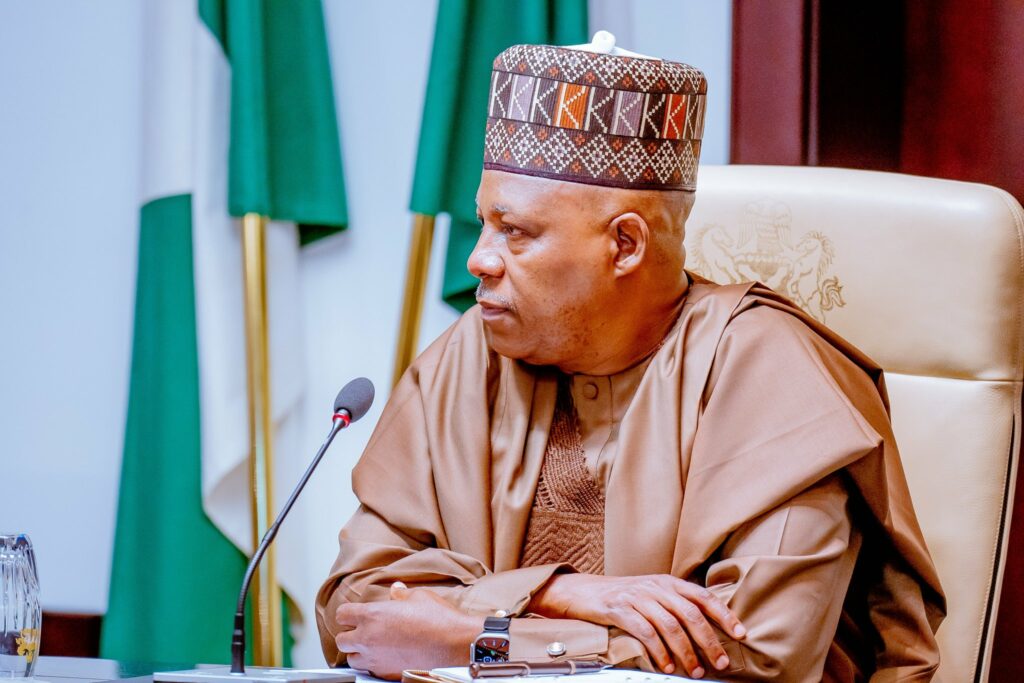
Vice-President Kashim Shettima has called for deeper collaboration between the public and private sectors to accelerate Nigeria’s skills development agenda.
He made the call while chairing the fifth meeting of the National Council on Skills at the Presidential Villa, Abuja.
According to Shettima, Nigeria can only fully harness its demographic advantage if the youth and broader workforce are equipped with the appropriate skills, especially in key economic sectors.
“We know that isolated programmes, no matter how well-intentioned, cannot substitute for a unified national strategy,” he said. “That is why the work of this council remains indispensable. There are challenges, but we can overcome them if we act with unity, urgency, and foresight.”
The council reviewed strategies to advance national skills development and align them with President Bola Tinubu’s 8-point agenda.
The council welcomed the forthcoming launch of the Technical and Vocational Education and Training (TVET) programme, scheduled for 16 May 2025. It also stressed the importance of enhanced collaboration among ministries and departments, while urging greater emphasis on digital skills training for young people.
Reaffirming its commitment to a coherent national skills policy, the council underscored the importance of effective monitoring and the need to adapt strategies to reflect changing labour market trends.
It also approved the adoption of National Skills Qualification (NSQ) certifications for training centres across ministries, departments, agencies, the 36 states, and the private sector – highlighting the critical role of private enterprise in shaping Nigeria’s skills development framework.












